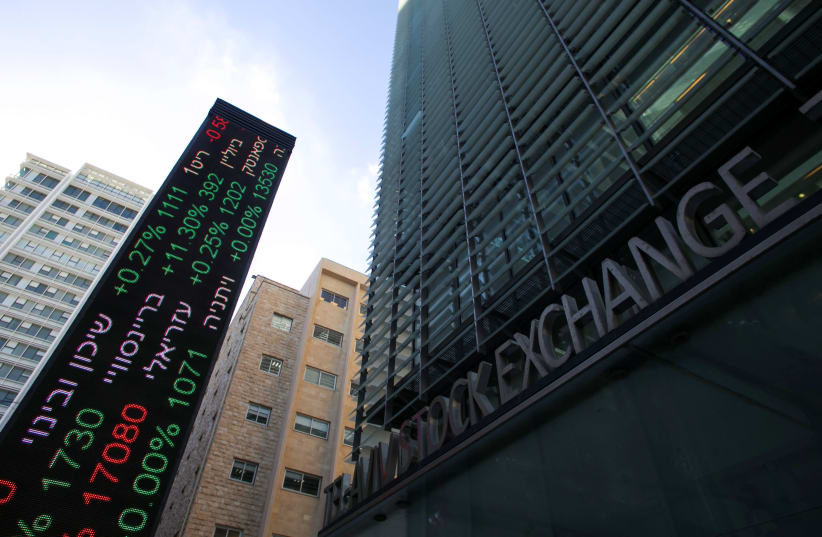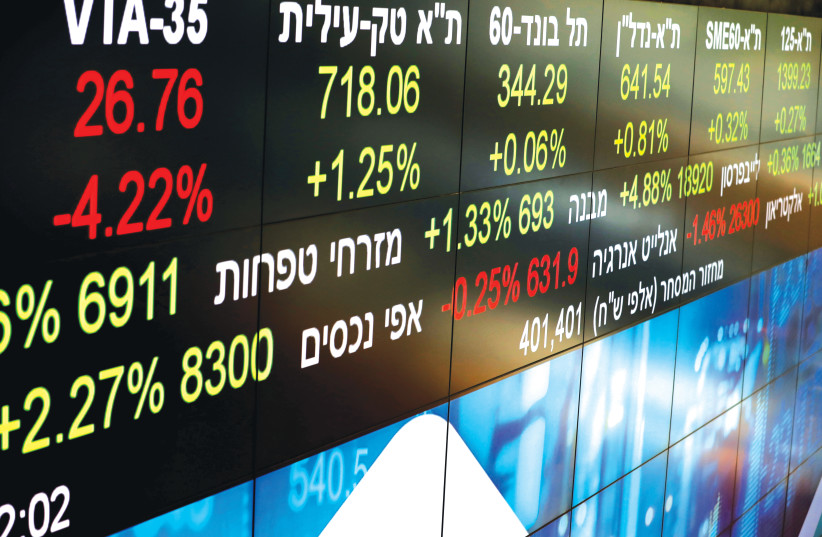There are currently 400 Israeli companies in existence that provide various services, employ around 350,000 workers total, and are not listed on the Tel Aviv Stock Exchange (TASE), a recent investigation by TASE's Economics Department showed.
Why are these Israeli companies not listed on TASE?
The companies are concerned about disclosing trade secrets or receiving public criticism of their management techniques, should they go public.
The group includes 34 large high-tech companies, headed by American-Israeli software company CheckPoint and Israel's major aerospace and aviation manufacturer Israel Aerospace Industries (IAI). IAI is in the process of issuing its first initial public offering (IPO) and Israeli defense tech company Rafael Advanced Defense Systems.
Gil Schweid, the controlling shareholder of CheckPoint, has previously expressed his opposition to listing shares on the TASE despite attempts to persuade him otherwise, saying it is due to TASE regulatory restrictions. CheckPoint shares are listed for trading on Nasdaq.
Which other companies are on the list?
The group also includes 130 industrial companies headed by Central Bottling Co. (which controls Coca-Cola Israel and Betra), Keter Plastic and Tnuva which will soon offer its initial IPO. The list also includes 155 retail companies led by Super-Pharm and a number of large car importers, such as the Meir company currently owned by Yaakov Shachar.
Shahar, despite being the owner of the football team Maccabi Haifa, is known for his aversion to public exposure caused by registering companies to trade on the stock exchange.
Companies Shachar was affiliated with were deleted from the listing for trading. The list also includes 63 major service companies including the Israel Post, the ports of Ashdod and Haifa and the Ayalon freeway.
The list also includes the private communications firm HOT, which had previously been public after it issued bonds, a transportation company controlled by the Livnat family, Egged, which was sold to the Keystone investment fund, and Gadot terminals.
Israel, funded by an American market
The management of the stock exchange said that high-tech companies can raise capital in the US, but the question is if Israel should rely on the fact that its growth is mostly funded only by the American market.
In times of global economic crisis — like now with Russia's invasion of Ukraine, soaring gas prices and rampant inflation, foreign investors in the US tend to sell foreign companies first, especially with market fluctuations like in recent months.
Non-high-tech companies don’t interest investors in overseas markets so it is important that the TASE represent all sectors.
Recent data analysis has also shown that the companies listed on the stock exchange employ, on average, twice the number of employees in non-public companies, a figure that more strongly backs up the fact that raising capital by listing on the stock exchange is a catalyst for significant activity.


